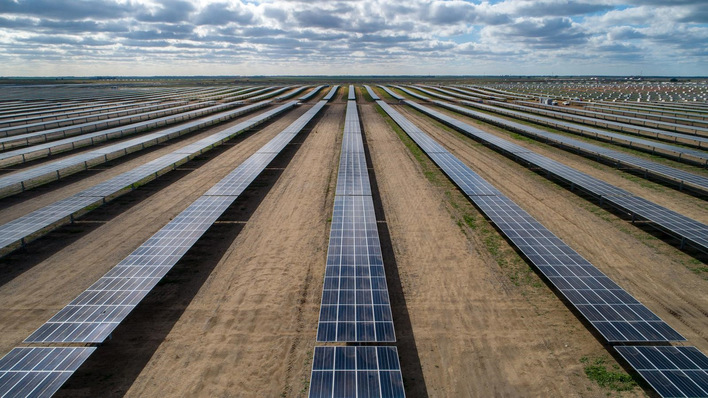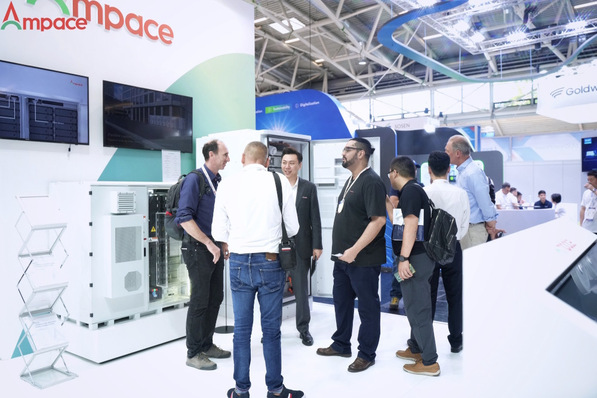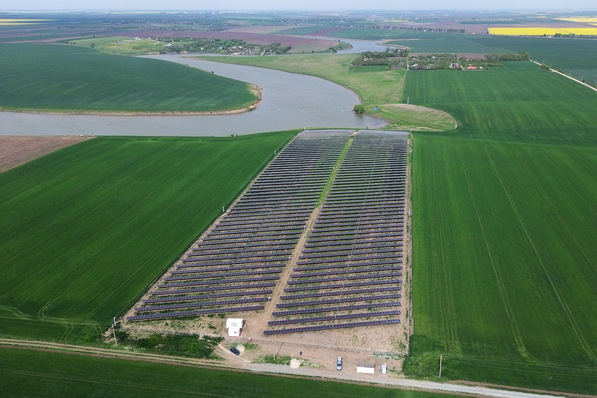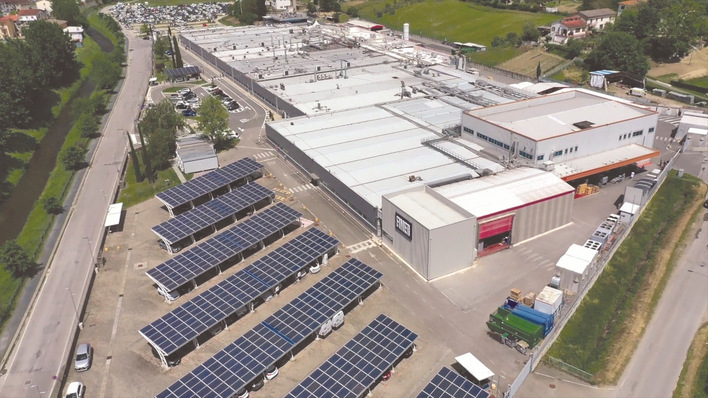With the partnership agreement, the electricity generated by Fronius inverters can be easily stored in batteries with the help of inverter chargers and charge controllers from Victron Energy. A continuous, stable and grid-independent power supply can thus be provided for small residential areas using photovoltaics. This system was first implemented in Kenya, where the two partners commissioned such a solution in summer 2015.
Going off-grid while maintaining a continous power supply
A continuous power supply is not a given, especially in remote areas, where the public grid is often unstable or in a poor condition. A photovoltaic system with an integrated Fronius inverter provides a continuous supply of electricity, and most importantly, is independent of the public grid. Solar generation is connected directly to the microgrid. Fronius has made its inverters compatible with technology from Victron Energy. “Our inverters have a special setup for this purpose, with various functions to ensure stable microgrid operation,” explains David Hanek, Product Manager at Fronius.
Supplying rural areas in Kenya with solar power
The partnership between Fronius and Victron has already proven its worth in the field: the residential area in Kenya comprises eight lodges, which are being supplied exclusively with solar energy from the micro grid. The electricity produced from the photovoltaic system by a total of four Fronius Symo 20.0-3-M inverters is either directly consumed by the lodges or stored for later use. The type Quattro inverter charger and the Victron BlueSolar MPPT 150/85 charge controller from Victron Energy provide the batteries with a continuous energy supply and ensure smooth operation of the system.
Fail-safe: New functions protect the battery
Both companies placed a great deal of emphasis on fail-safe operation during the development of the joint solution. “If the load is less than the maximum capacity of the PV generator and the batteries are already full, automatic power reduction is required,” explains David Hanek. “Otherwise, the system will switch off due to overvoltage.” To prevent this, voltage-dependent power reduction and reactive power regulation functions can be activated. (HS, KH)







